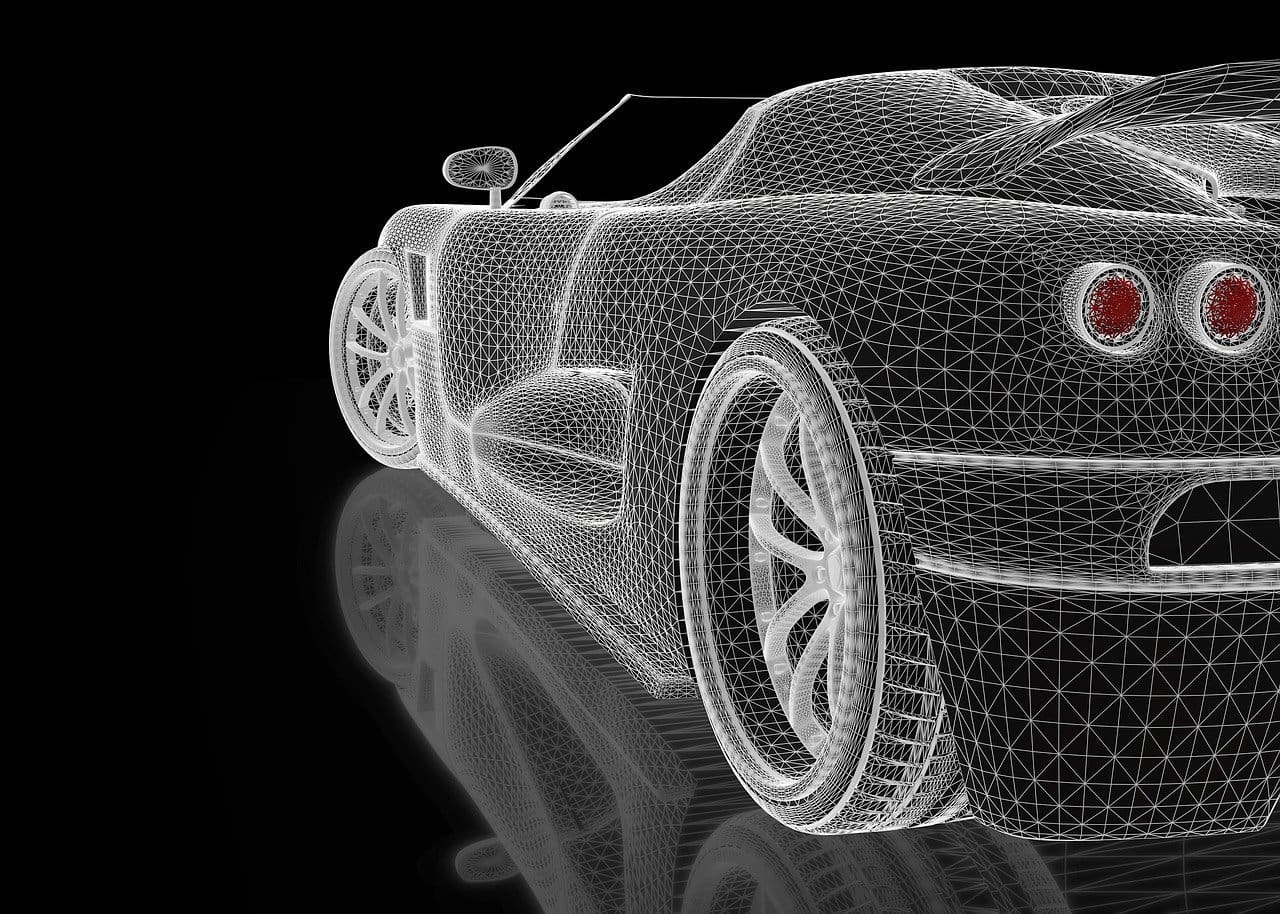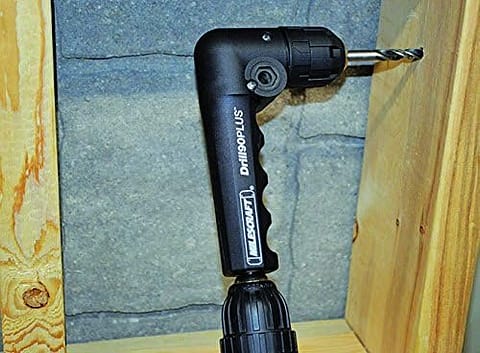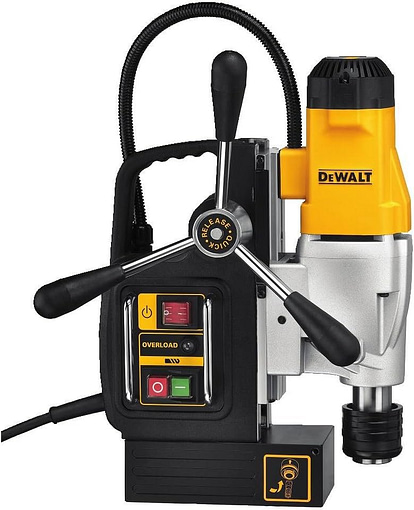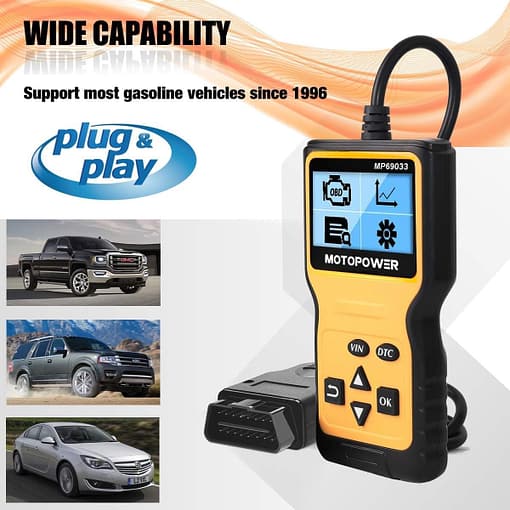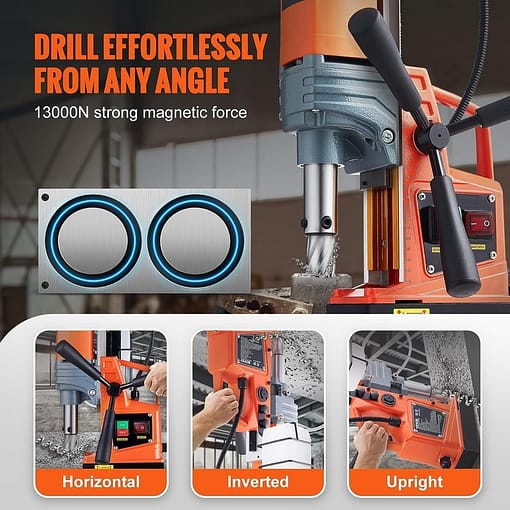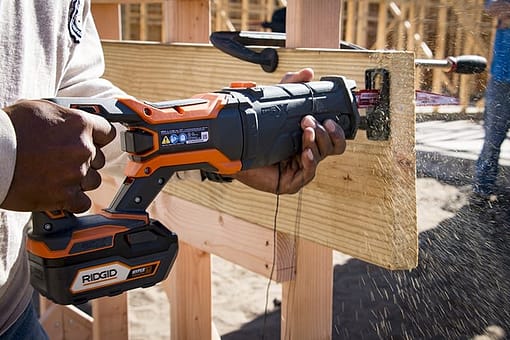So you’re thinking about purchasing a Bluetooth OBD2 scanner, but you’re not quite sure if it’s worth the investment. Well, let’s take a moment to explore the benefits and advantages of this handy device. By connecting wirelessly to your car’s onboard diagnostic system, a Bluetooth OBD2 scanner provides real-time information about your vehicle’s performance, helping you diagnose and fix any potential issues. From monitoring your engine’s health to detecting hidden problems, this little gadget has the potential to save you time and money. But is it really worth it? Let’s find out.
What is an OBD2 Scanner?
Definition
An OBD2 (On-Board Diagnostics) scanner is a diagnostic tool that is used to access and retrieve information from a vehicle’s onboard computer system. It is designed to communicate with the vehicle’s OBD2 port and provide real-time data on various aspects, such as engine performance, fuel efficiency, and emissions.
Purpose
The main purpose of an OBD2 scanner is to detect and diagnose any potential issues or malfunctions in the vehicle’s systems. It can read and interpret error codes generated by the onboard computer, allowing users to identify the specific problem areas. By providing valuable insights into the vehicle’s condition, an OBD2 scanner helps users make informed decisions about maintenance and repairs.
Advantages of a Bluetooth OBD2 Scanner
Wireless Connectivity
One of the significant advantages of a Bluetooth OBD2 scanner is its wireless connectivity. Unlike wired scanners, which require a physical connection to the diagnostic port, Bluetooth scanners can establish a wireless connection with a mobile device. This eliminates the hassle of dealing with tangled wires and allows for greater flexibility and ease of use.
Compatibility
Bluetooth OBD2 scanners are compatible with a wide range of vehicles. Since most modern vehicles are equipped with an OBD2 port, these scanners can be used on various makes and models. Whether you own a car, truck, SUV, or even a hybrid vehicle, a Bluetooth OBD2 scanner is likely to work seamlessly with your vehicle’s onboard computer system.
Real-time Data Monitoring
Another advantage of a Bluetooth OBD2 scanner is its ability to provide real-time data monitoring. The scanner can collect and display various parameters, such as engine RPM, vehicle speed, coolant temperature, and fuel system status. This allows you to monitor your vehicle’s performance in real-time, making it easier to detect any abnormalities and address them promptly.
User-Friendly Interface
Bluetooth OBD2 scanners often come with user-friendly interfaces and companion apps. These apps are designed to be intuitive and provide easy navigation for users. With clear and concise menus, users can quickly access the diagnostic functions, view data, and perform necessary actions. Even for those with limited technical knowledge, using a Bluetooth OBD2 scanner can be a breeze.
Cost-effectiveness
Bluetooth OBD2 scanners are generally more affordable compared to their wired counterparts. With advances in technology and increased competition in the market, these scanners have become more accessible and budget-friendly. Furthermore, since they can be used with a mobile device, there is no need to invest in a separate display unit or diagnostic tool, saving you money in the long run.
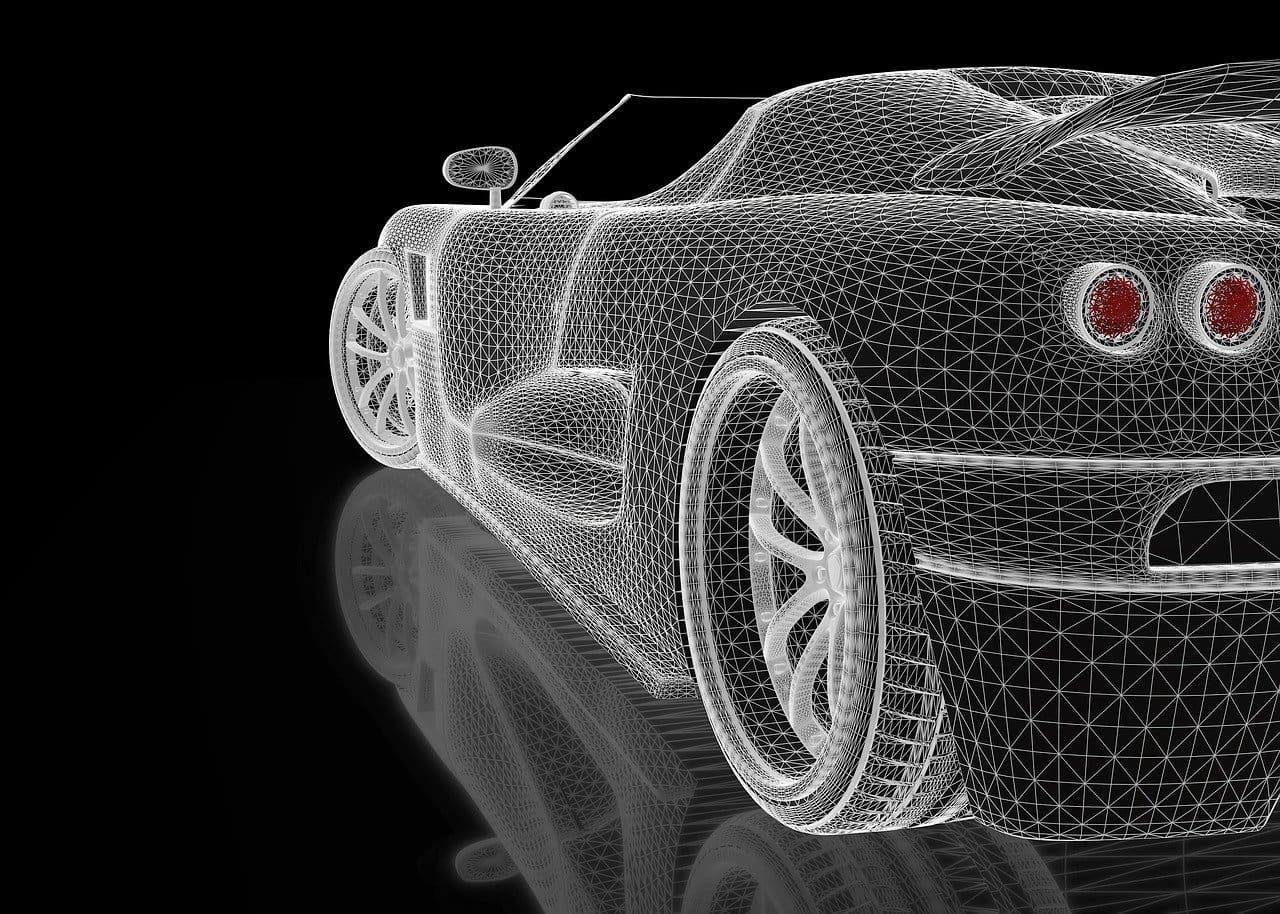
Disadvantages of a Bluetooth OBD2 Scanner
Dependence on Mobile Device
One disadvantage of a Bluetooth OBD2 scanner is its reliance on a mobile device. In order to use the scanner, you need to have a compatible smartphone or tablet. If you do not have a mobile device or if it runs out of battery, you will not be able to use the scanner. This can be inconvenient, especially if you are in an emergency situation and need to diagnose a vehicle problem.
Limited Range
Bluetooth has a limited range compared to other wireless technologies. The signal strength can diminish over distance or be obstructed by physical barriers such as walls or metal structures. This means that you need to be in close proximity to the vehicle to maintain a stable connection between the scanner and your mobile device. If you need to diagnose a vehicle located far away, such as in a large parking lot, the limited range of Bluetooth may pose a challenge.
Power Drain on Mobile Device
Using a Bluetooth OBD2 scanner continuously can drain the battery of your mobile device. Since the scanner relies on the Bluetooth connection to communicate with the mobile device, it constantly draws power from the device. This can be a concern, especially during long diagnostic sessions or road trips. It is advisable to keep your mobile device fully charged or have a backup power source to ensure uninterrupted usage.
Limited Diagnostic Functions
While Bluetooth OBD2 scanners offer essential diagnostic capabilities, they may have limitations when it comes to advanced diagnostics. Some scanners may not be able to retrieve certain manufacturer-specific error codes or perform more in-depth system tests. This can be a drawback for those who require extensive diagnostic capabilities or work on specialized vehicles. It is essential to research and choose a Bluetooth OBD2 scanner that meets your specific diagnostic needs.
Factors to Consider Before Buying a Bluetooth OBD2 Scanner
Compatibility with Vehicle
Before purchasing a Bluetooth OBD2 scanner, it is crucial to ensure that it is compatible with your vehicle. Different vehicles may have varying OBD2 protocols or connector types. Check the specifications and compatibility list provided by the scanner manufacturer to ensure that it will work seamlessly with your specific make and model.
Supported Protocols
Bluetooth OBD2 scanners support various OBD2 protocols, such as ISO9141, ISO14230-4 (KWP2000), ISO15765-4 (CAN), and SAE J1850 VPW/PWM. Make sure that the scanner you choose supports the protocol used by your vehicle’s onboard computer. This information can usually be found in the vehicle’s owner’s manual or by consulting the manufacturer.
Functionality and Features
Consider the functionality and features offered by the Bluetooth OBD2 scanner. Some scanners provide basic diagnostic functions, while others offer advanced features such as live data streaming, graphing capabilities, and emission testing. Determine your needs and choose a scanner that provides the necessary functions to meet your requirements.
Brand Reputation
Research the reputation and reliability of the brand before making a purchase. Look for reviews and testimonials from other users to gauge the performance and durability of the scanner. A reputable brand is more likely to provide quality products and reliable customer support.
Price Range
Bluetooth OBD2 scanners are available in a wide price range, from budget-friendly options to high-end models. Set a budget and consider the features and functionality you need. It is essential to strike a balance between affordability and the desired capabilities of the scanner.

Bluetooth OBD2 Scanner vs. Wired OBD2 Scanner
Connectivity
One of the key differences between Bluetooth OBD2 scanners and wired scanners is the mode of connectivity. Bluetooth scanners establish a wireless connection with a mobile device, while wired scanners require a physical connection through a USB or other wired connection. Bluetooth connectivity offers more convenience and flexibility, allowing users to move freely around the vehicle during diagnostics.
Convenience
Bluetooth OBD2 scanners are generally more convenient to use compared to wired scanners. With a wireless connection, there are no cables to manage or tangle, making the scanning process simpler and hassle-free. Additionally, the wireless connection allows users to perform diagnostics from a distance, providing greater convenience and ease of use.
Range
Bluetooth OBD2 scanners have a limited range due to the nature of Bluetooth technology. The range can vary depending on the specific scanner and mobile device used. On the other hand, wired scanners do not have this limitation as they establish a direct connection between the scanner and the diagnostic port. If range is a crucial factor for your diagnostics, a wired scanner may be a better option.
Functionality
In terms of functionality, Bluetooth OBD2 scanners can provide similar diagnostic capabilities as wired scanners. However, there may be variations in the level of functionality and compatibility with different vehicle systems. It is important to choose a scanner that meets your specific diagnostic needs, whether it is a Bluetooth or wired model.
Price
Bluetooth OBD2 scanners are generally more affordable compared to wired scanners. The cost of wired scanners can be higher due to the additional hardware required for the wired connection. If budget is a concern for you, a Bluetooth OBD2 scanner offers a cost-effective option without compromising on functionality.
Top Bluetooth OBD2 Scanners in the Market
Scanner A: Features and Performance
Scanner A is a popular Bluetooth OBD2 scanner known for its wide compatibility and user-friendly interface. It supports a variety of OBD2 protocols and provides real-time data monitoring, allowing users to quickly identify potential issues. With its comprehensive diagnostic functions and reliable performance, Scanner A has become a favorite among DIY car enthusiasts and professionals alike.
Scanner B: Features and Performance
Scanner B stands out for its advanced features and extensive compatibility with various vehicle systems. It offers enhanced diagnostics, including advanced error code readings and system tests. The user-friendly app provided with Scanner B makes it easy to navigate through the diagnostic functions and view live data streams. With its exceptional performance and reliability, Scanner B is a top choice for those seeking a high-quality Bluetooth OBD2 scanner.
Scanner C: Features and Performance
Scanner C is a budget-friendly Bluetooth OBD2 scanner that does not compromise on functionality. It offers essential diagnostic capabilities and supports a wide range of OBD2 protocols. Despite its affordable price, Scanner C provides reliable performance and data accuracy. It is a great option for those who are new to using OBD2 scanners or have basic diagnostic needs.

How to Use a Bluetooth OBD2 Scanner?
Step 1: Locate OBD2 Port
Begin by locating the OBD2 port in your vehicle. The port is usually located under the dashboard, on the driver’s side. It may have a removable panel or protective cover. Consult your vehicle’s owner’s manual or do a quick search online for the exact location of the OBD2 port in your specific make and model.
Step 2: Plug in the Scanner
Once you have located the OBD2 port, plug in the Bluetooth OBD2 scanner. Ensure that the pins on the scanner’s connector align with the pins in the OBD2 port. Apply gentle pressure to insert the connector fully.
Step 3: Connect to Mobile Device
Turn on Bluetooth on your mobile device and open the Bluetooth settings. Look for the scanner’s name or model number in the list of available devices. Select the scanner to establish a Bluetooth connection between the scanner and your mobile device. Follow any additional instructions or prompts to complete the pairing process.
Step 4: Launch Diagnostic App
Download and install the diagnostic app recommended by the scanner manufacturer. Open the app on your mobile device. In the app’s settings or connection menu, select the Bluetooth OBD2 scanner as the preferred device for diagnostics. Make sure that the app recognizes the scanner and establishes a connection.
Step 5: Perform Diagnostics
With the Bluetooth OBD2 scanner connected to your mobile device, you can now perform diagnostics. Use the app’s interface to access the diagnostic functions, view real-time data, and retrieve error codes. Follow the prompts and instructions provided by the app to perform the necessary diagnostics. Interpret the data and error codes obtained through the scanner to identify and address any issues with your vehicle.
Common Applications of Bluetooth OBD2 Scanners
Vehicle Maintenance and Repairs
Bluetooth OBD2 scanners are widely used for regular vehicle maintenance and repairs. They can help you identify minor problems before they escalate into major issues, potentially saving you from costly repairs. From checking engine performance to monitoring fuel efficiency, these scanners provide valuable insights to keep your vehicle in top condition.
Performance Tuning and Monitoring
For car enthusiasts and performance enthusiasts, Bluetooth OBD2 scanners are invaluable tools. They can be used to monitor various aspects of vehicle performance, such as horsepower, torque, and acceleration. By analyzing live data and making adjustments to engine parameters, you can fine-tune your vehicle for optimal performance.
Road Trip Planning and Monitoring
Bluetooth OBD2 scanners can enhance your road trip experience by providing real-time data on fuel consumption, distance traveled, and other relevant information. With this data, you can plan your route more efficiently, calculate fuel costs, and monitor your vehicle’s condition during long drives. It enhances safety and peace of mind during your road adventures.
Conclusion
Pros and Cons Recap
In conclusion, a Bluetooth OBD2 scanner offers several advantages, including wireless connectivity, compatibility with a wide range of vehicles, real-time data monitoring, user-friendly interface, and cost-effectiveness. However, it also has disadvantages, such as dependence on a mobile device, limited range, power drain on the mobile device, and limited diagnostic functions.
Considerations for Buying
Before purchasing a Bluetooth OBD2 scanner, consider factors such as compatibility with your vehicle, supported protocols, functionality and features, brand reputation, and price range. These considerations will help you choose a scanner that meets your specific diagnostic needs and provides reliable performance.
Final Verdict
Is a Bluetooth OBD2 scanner worth buying? The answer depends on your specific requirements and preferences. If you value convenience, wireless connectivity, and cost-effectiveness, a Bluetooth OBD2 scanner can be a great investment. However, if you require advanced diagnostic functions or work on specialized vehicles, a wired scanner may be a better option. Evaluate your needs, budget, and the specific features of a Bluetooth OBD2 scanner to make an informed decision.
See also:
